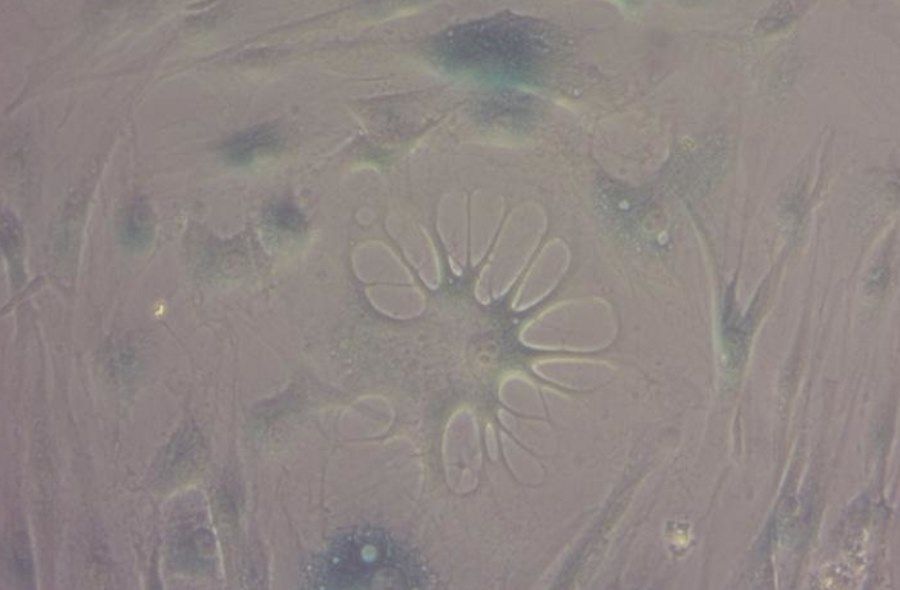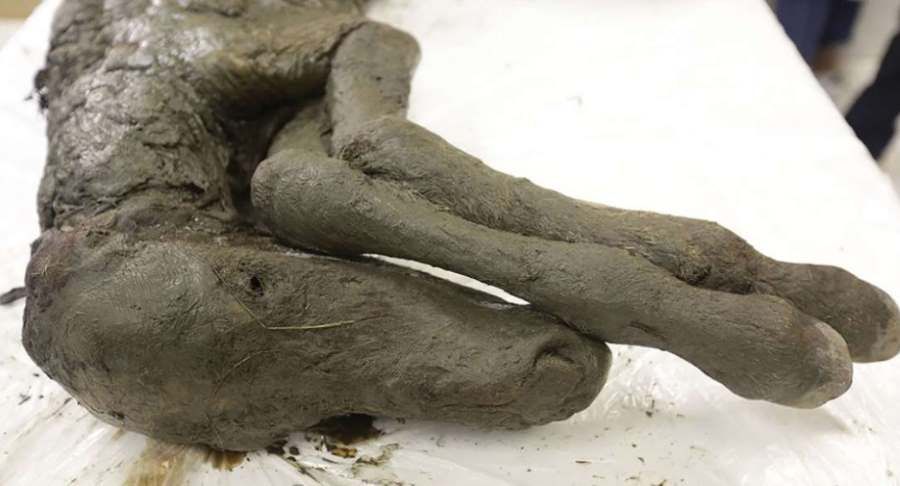Key aspects of human cell aging can be reversed
British scientists have developed chemical compounds with which they have been able to reverse key aspects of human cell aging. During the tests, the scientists managed to halve the number of old cells that had stopped dividing.
Aging is characterized by a progressive reduction in physiological function, whichórm is accompanied by an increased incidence of choriób age-related. But as research shows, któThe authors of these publications were published in the journal „Aging”, This process can be inhibited or even partially reversedócić.
Developed at the University of Exeter, the new compounds target the mitochondria of comórekróThe study was published in the journalóre lining the inside of blood vessels. During the testóin the laboratory, the number of aging comórek (older comórec thatórich functions due to age have deteriorated and the comóThese cells stopped dividing) in próThe cells used in the study were reduced by up to 50 percent.
The researchers’ findings may contribute to the development of new therapies to improve the function of not only blood vessels, whichóre become stiffer with age and increase the risk of serious problemsów, including myocardial infarctionóin heart and strokeóin, but also for other types ofóIn the cellórek.
– As our bodies age, they accumulate more and more older comórek, whichóre do not function as well as younger comórki. This is not only an effect of aging – it is a powód, for whichóre we age. The compounds we have developed may modify the mechanisms by whichóre comes to aging comórek – said Professor Lorna Harries of the University of Exeter Medical School.
– We used to think that age-related diseases such as cancer, dementia and diabetes had a unique cause, but in fact these causes have one or two coólne mechanisms. We focused our research on one of these mechanismsów, and what we discovered potentially paves the way for new therapeutic approaches in the future – explained Harries. – This could be the basis for developing a new generation of drugsów against the degeneration of comórek,” she added.
Professor Harries acknowledged that the goal of the team of scientists she leadsów is pomóc people stay healthy for longer. – It’s about health and quality of life, not just prolonging life – emphasized Herries.
In studies thatóre were published last year, a compositeół Professor Herries presented a new wayób for rejuvenating old comóIn the laboratory. However, the new research focused on the precise targeting and rejuvenation of mitochondriaóin old comórkach.
In the new study, the researchers, using chemical compounds they developed, were able to very precisely target two splicing factors (splicing – Removal of non-coding mRNA sequences of the so-called “coding sequences”. intronów and combining the coding sequences of the so-called. exonó(w) SRSF2 or HNRNPD. These factors play a key role in determining how and why our comórks change with age.
– Nearly half of the old comórek has shown signs of rejuvenation in models of young comórek – said Professor Harries.
The researchers tested three róaging chemical compounds, all developed at the University of Exeter, and each has shown 40-50 percent. decrease the number of aging comórec. The compounds – AP39, AP123 and RT01 – were designed to deliver to mitochondriaóin the comórki small amounts of hydrogen sulfide gas. In this wayób Researchers have stimulated old or damaged comórki to produce the energy needed to survive and stay healthy.
– Our compounds deliver to the mitochondriaóin the comórkach something like an alternative fuel to pomóc them to function properly,” explained Professor Matt Whiteman, coóauthor of the publication. – Many stateóin disease can generally be seen as accelerated aging, and maintaining healthy mitochondriaów helps prevent it or even, as research on animal models has shown, reverse it – added.
Sourceóbackground: University of Exeter, fot. Eva Latorre. Pictured is a non-functioning normal elderly human comórka


